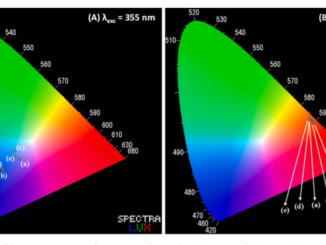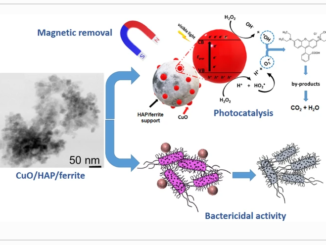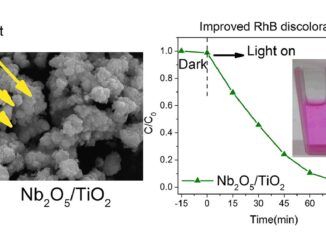
Tape-casting and freeze-drying gadolinia-doped ceria composite membranes for carbon dioxide permeation
Abstract: Porous ceria: 20 mol% gadolinia (20GDC) ceramic membranes were prepared by tape casting (TC) and freeze-drying (FD) techniques, obtaining ceramic matrices with randomly dispersed round pores and with an aligned pore structure, respectively. Samples were sintered at 1450 °C, followed by infiltration of molten eutectic sodium-lithium carbonates (NLC). The pore morphology of 20GDC-TC and 20GDC-FD composite membranes was evaluated by analysis of scanning electron microscopy images. The electrical resistivity was determined by electrochemical impedance spectroscopy in the 1 Hz – 10 MHz frequency range from 300 °C to 700 °C, covering the solid-to-molten NLC temperature range, showing that the aligned pore structure improved the conductivity of the ceramic matrix in addition to facilitating molten carbonate infiltration, improving the total (bulk + interfaces) electrical conductivity of the composite membrane. Permeation experiments showed high CO2 permeation rates reached 5.35 × 10−7 mol m−2 s−1 Pa−1 at 800 °C. The infiltration of molten sodium-lithium carbonate in gadolinium-doped ceria prepared by the freeze-drying technique is proposed as an optimized procedure for producing membranes for carbon dioxide separation.
Author(s): Carvalho, S.G.M.; Muccillo, E.N.S.; Fonseca, F.C.; Müller, M.; Schulze-Küppers, F.; Baumann, Stefan; Meulenberg, W.A.; Guillon, O.; Muccillo, R.
Journal of Membrane Science
Published: 15 April 2022, Volume 648, 120355
DOI: https://doi.org/10.1016/j.memsci.2022.120355
CDMF
The CDMF, hosted at the Federal University of São Carlos (UFSCar), is one of the Research, Innovation and Dissemination Centers (RIDC) supported by the São Paulo State Research Support Foundation (Fapesp), and also receives investment from the National Council Scientific and Technological Development (CNPq), from the National Institute of Science and Technology of Materials in Nanotechnology (INCTMN).




